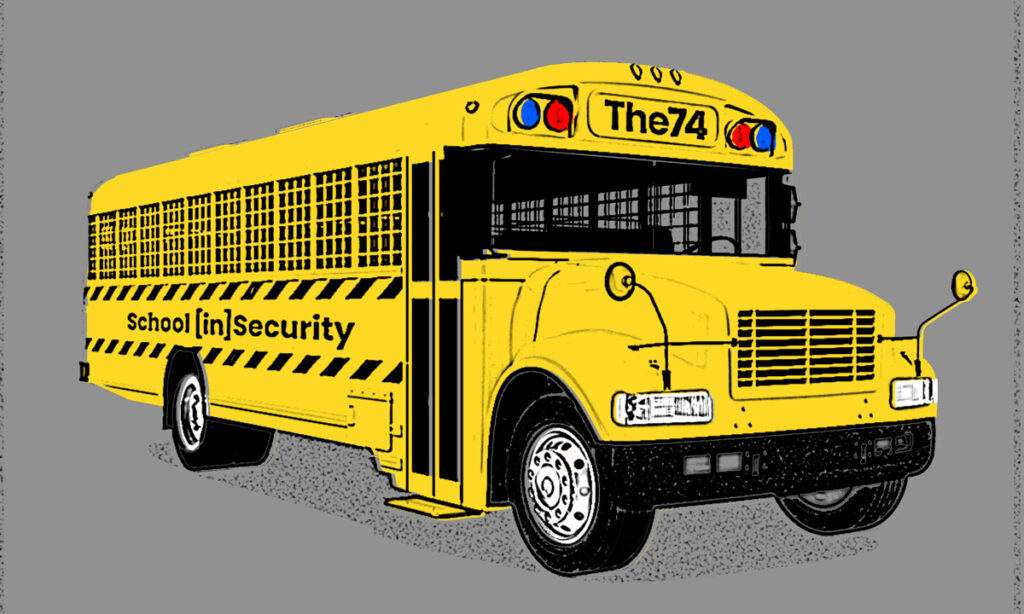The Plight of Students Facing Weight Stigma in Schools
In recent discussions surrounding school safety and student well-being, weight stigma has emerged as a significant issue, as highlighted by The Hechinger Report. Many children, particularly those classified as obese, face not only teasing and discrimination from peers but also a lack of understanding and support from educators. One poignant example from a fifth grader illustrates this reality, recalling experiences of being labeled "fatty" by classmates, compounded by a failure from teachers to intervene. This kind of fat-shaming is often overlooked and reflects a broader societal bias that normalizes discrimination against individuals based on body weight. The detrimental effects of such weight-based bullying extend beyond emotional harm, negatively impacting the academic performance and self-esteem of affected students, thereby creating what is referred to as the "obesity achievement gap."
Teachers’ Bias and Its Connection to Academic Outcomes
New research indicates that teachers often harbor biases against students with obesity, perceiving them as less capable or unmotivated. As journalist Kavitha Cardoza notes, this perception can significantly affect how these students are treated in the classroom—receiving fewer opportunities for participation, less constructive feedback, and ultimately, lower grades. The findings underscore a critical disconnect within educational systems where anti-bullying policies predominantly address discrimination due to race, gender, or religion but largely exclude protections against weight-related bullying. This gap reinforces an environment where weight stigma is tacitly accepted, further marginalizing the already stigmatized group of children.
The Ongoing Impact of Gun Violence on Youth Voters
The lingering impact of gun violence in schools continues to shape the perspectives of those who lived through harrowing events like the Sandy Hook Elementary School shooting. Now eligible to vote, survivors are using their experiences to drive political engagement, expressing how the tragedy has influenced their views on candidates and policies. This engagement highlights the urgent need for legislative action on gun control, particularly as these young voters emerge as a significant demographic that could sway election outcomes. Their participation in the democratic process reflects a broader movement toward activism among youth, as they seek to advocate for safer schools and communities.
Challenges of AI in Education and Potential Misuses
The increasing integration of artificial intelligence in education comes with its own set of challenges, particularly concerning academic integrity. Approximately two-thirds of teachers reportedly employ tools aimed at detecting AI usage among students, but investigations reveal that these detection systems can produce high rates of false positives, misleadingly flagging innocent students for cheating. Such errors can result in devastating academic repercussions for those incorrectly accused. A notable case in Massachusetts highlights these tensions, where parents have filed a lawsuit after their son faced penalties for utilizing AI in a manner not explicitly outlined in the school’s policies. This situation illuminates the urgent need for educational institutions to establish clear guidelines regarding AI use to prevent potential injustices.
Scrutiny Surrounding School Security Companies
In the realm of school security, companies like Evolv, which provides advanced “weapons detection” systems, face intense scrutiny regarding their marketing and effectiveness. After a significant investment by Prince William County Public Schools in Evolv scanners, educators have reported only minimal success in weapon confiscation, raising questions about the return on investment for expensive security measures. The high incidence of false alarms has also drawn federal attention, revealing whether schools are receiving the level of safety promised by such systems. This situation urges school districts to carefully evaluate their security investments and seek transparency and accountability from vendors as they navigate the intricacies of student safety.
A Cautionary Note on Surveillance and Privacy Concerns
The growing trend of employing private security firms to monitor students’ social media raises pressing concerns regarding student privacy and civil liberties. An example from Cobb County in Atlanta illustrates the potential implications of surveillance-driven approaches in schools, where an unnamed security firm analyzes student online activities for possible threats. The involvement of anonymous intelligence operatives in educational environments spurs a broader discourse on the balance between ensuring safety and protecting student rights, particularly in light of increasing public scrutiny over data collection and privacy violations. This ongoing conversation highlights the need for transparent policies that protect students while addressing legitimate safety concerns without fostering a climate of fear or distrust within schools.

